Economy Watch: Fed Divided on Interest Rates
The FOMC once again decided against a rate hike in September, with uncertainty that there will be any rate increase by the end of this year.
By Dees Stribling, Contributing Editor
Central bankers seem to be in disagreement about how to proceed with raising the currently ultra-low interest rates, based on The Federal Open Market Committee recently released minutes of its Sept. 20-21 meeting. Some FOMC members believe that waiting might lead to later larger rate increases—and another recession as a result.
“A few participants referred to historical episodes when the unemployment rate appeared to have fallen well below its estimated longer-run normal level,” the report said. “They observed that monetary tightening in those episodes typically had been followed by recession and a large increase in the unemployment rate.”
In other words, raising interest rates can be tricky, and with unintended consequences for the economy. Most of the committee members, on the other hand, “judged this historical experience to be of limited applicability in the present environment because the economy was growing only modestly above trend, inflation was below the Committee’s 2 percent objective and inflation expectations were low—circumstances that differed markedly from those earlier episodes.”
That doesn’t mean that interest rates are going up anytime soon, however. Recent mediocre employment reports, along with the Fed’s probable unwillingness to do anything so close to an election, mean that December is the earliest likely time for a rate increase—though, as usual with the central bank, there’s no way to tell for sure.

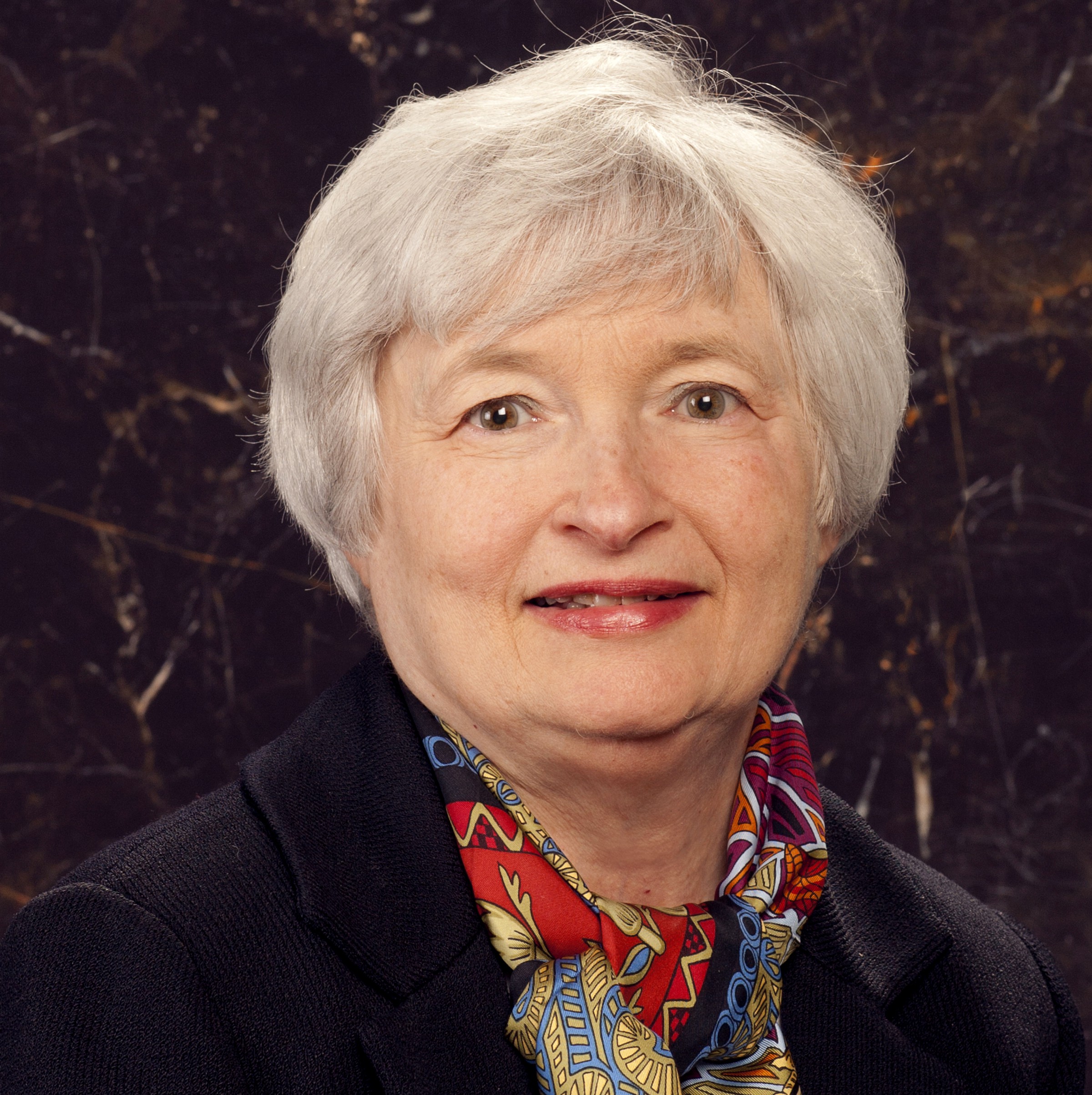
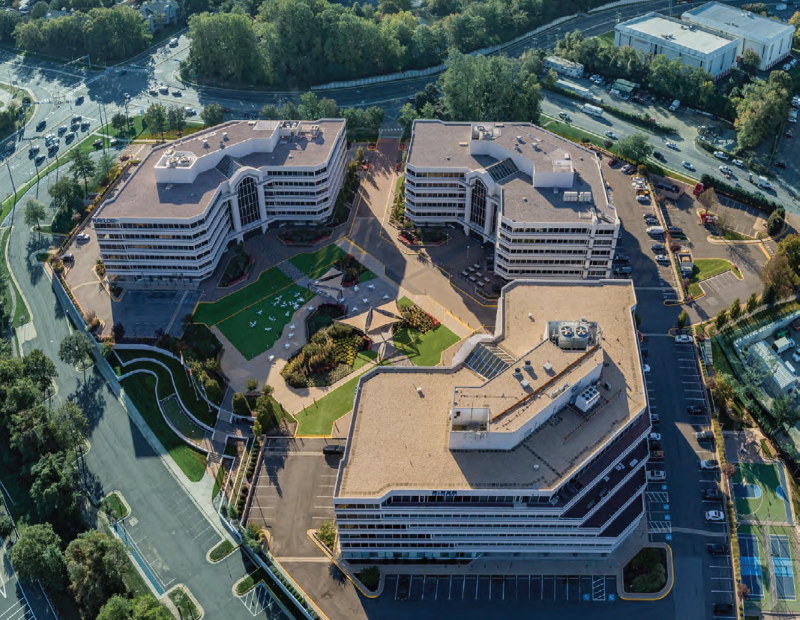
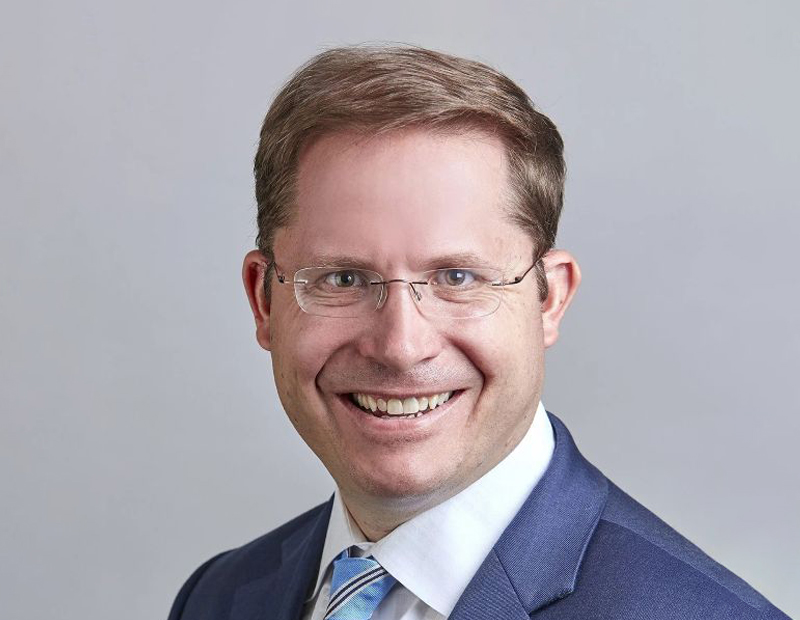


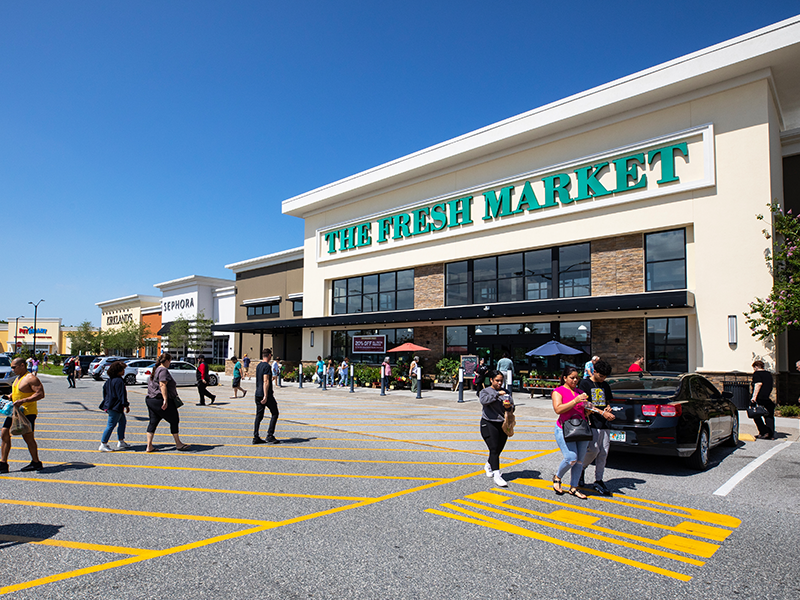
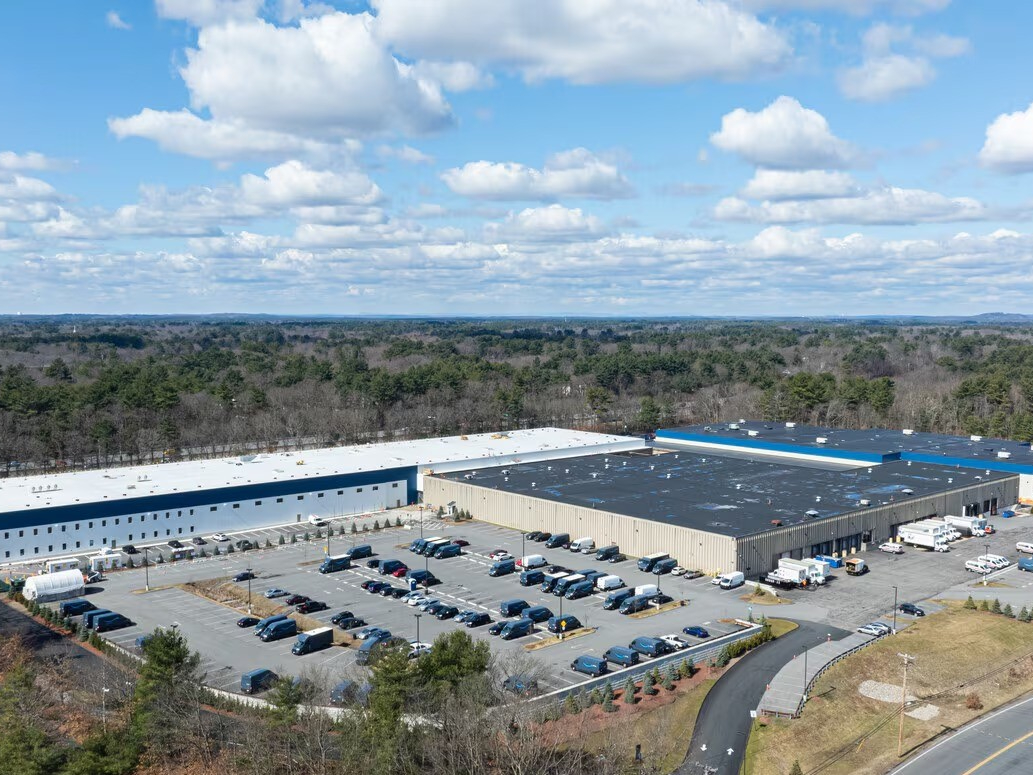
You must be logged in to post a comment.